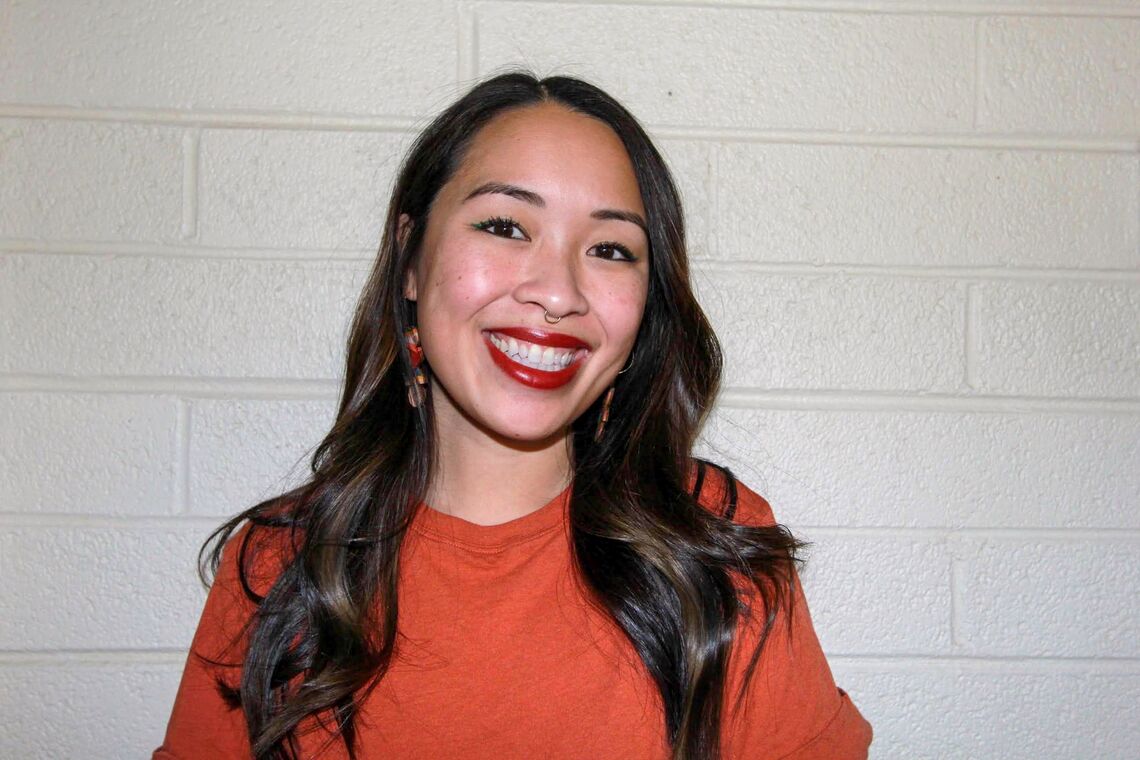In late capitalism, we harvest our grief,
boil it down to the salt, which we keep
in glass jars and sprinkle on our meat.
Our grief melts the ice on our roads and dissolves
in hot baths. We make it do work for us.
We harness our bodies for energy and our grief lights
up houses. Sometimes the lights flicker
on and off, but it happens so quickly
we think we imagined it. We don’t own candles
anymore. In late capitalism, we are never afraid
of the lights going out. We all brim
with the energy of our grief: of memory,
of burials, dry riverbeds, things of the past.
We are dangerous, shocking each other
with our touch. The body’s charge like bug
zappers from the summer dusks of childhood,
bug zappers shaped like floor fans or tennis
rackets that promise a half-acre killing radius,
promise to be easy-to-use, easy-to-clean,
and pesticide-free so we do not smell death.
When did we become such easy killers?
The UV lights glowed red like a rising sun.
Back then we watched mosquitos fly to the light,
listened to the terrible sound their bodies made
electrocuted. Though if I am honest,
I remember that the sound was good–
satisfying. If I am honest, we caught large
insects and fed them to the killing
grids to hear the zap, see the electricity.
Mosquito hawks were easiest
because of their long legs. We killed them
not because we wanted them dead. We killed
them because it was exciting. No grief.
Now enough to power our cities.
We believe in utility, a time and place
for each thing. We have forgotten the taste
of honey and imagine flowers no longer
necessary–a thing of green beauty
bursting in our vases but for what?
In late capitalism, the bees almost disappeared
before we remembered their barbed stinger,
the work of being stung.
